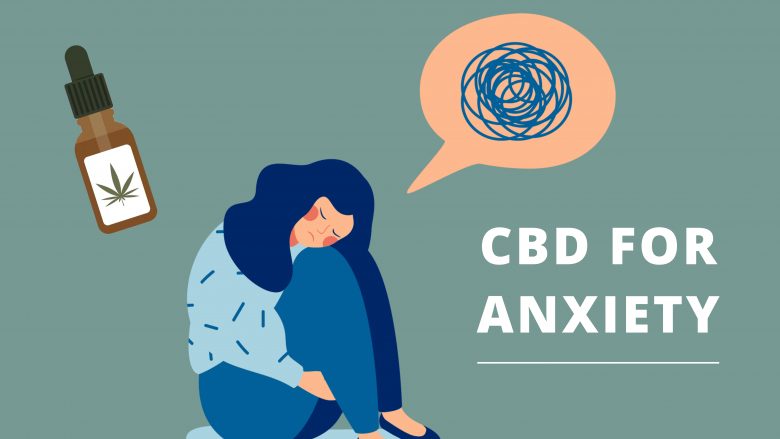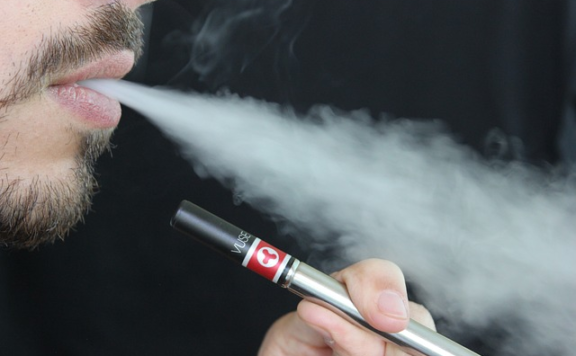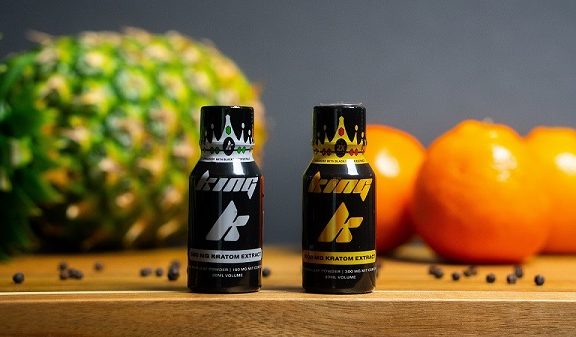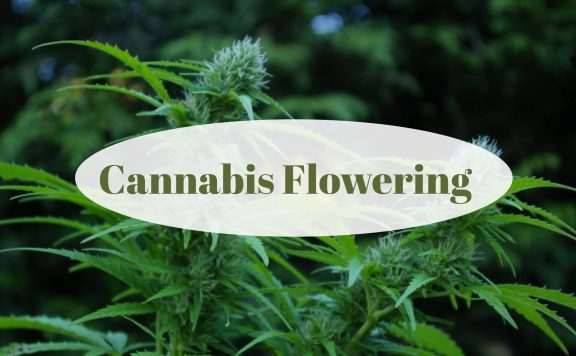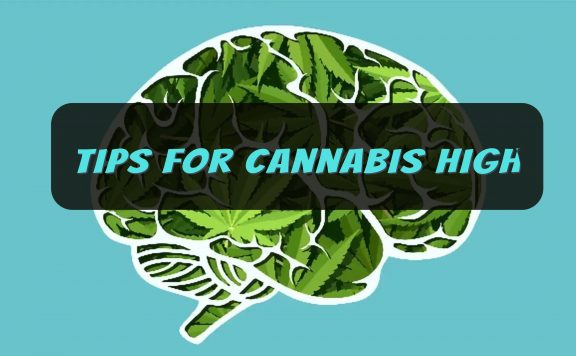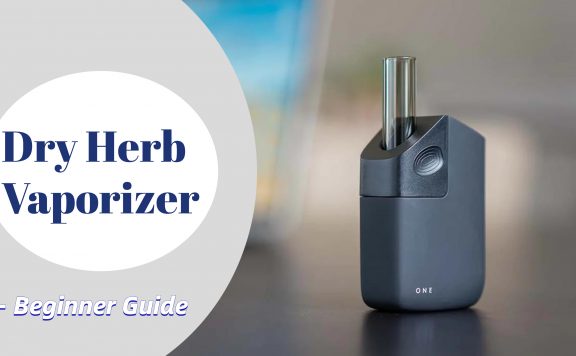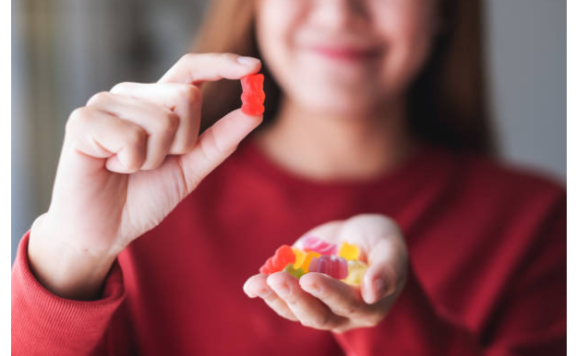Recent research indicates that the treatment of anxiety disorders with cannabidiol (CBD) oil may be successful. One of the cannabis plant’s active components is called CBD. CBD does promote soothing effects in certain people, even if it isn’t the substance that creates the high others feel from another active chemical. Before beginning any new supplements, you should speak with your doctor.
Table of Contents
- How Does CBD Function?
- CBD Oil: Is It Addictive?
- Is CBD Lawful?
- Study on CBD for Anxiety Disorder
- Risks & Potential Consequences of Using CBD for Anxiety
- Possible Health Risks of CBD
- How CBD Interacts with Medications
- Using Supplements or Medication Alone to Deal with Anxiety
- Possible Advantages of CBD Use for Anxiety
- How to Treat Anxiety with CBD
- CBD for Particular Anxiety Symptoms
- Conclusion
How Does CBD Function?
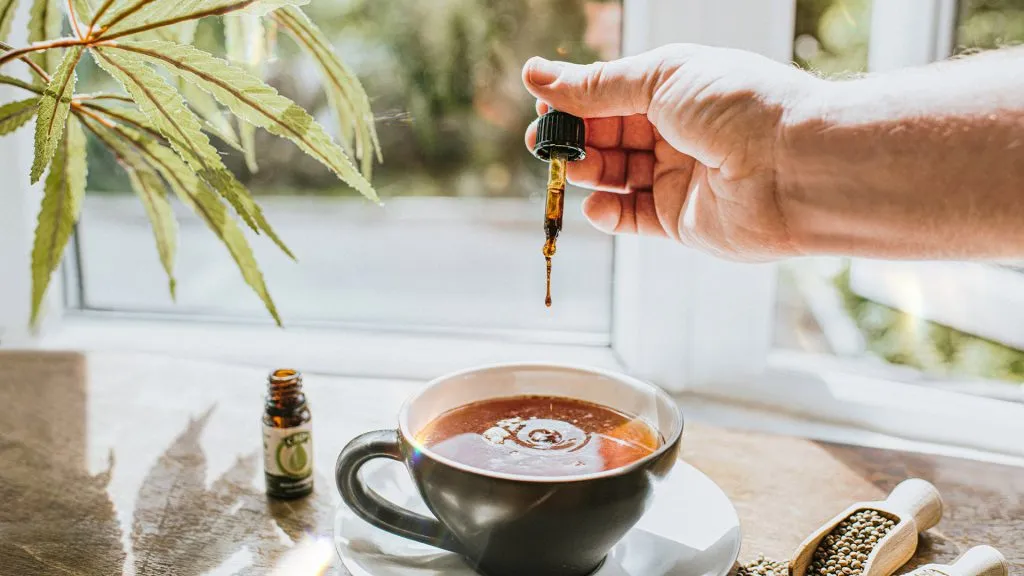
After consumption, CBD is believed to trigger the brain and nervous system receptors involved in pain, inflammation, mood, stress, and other bodily and mental activities. These receptors have a range of effects, including immunological response, emotional control, and metabolism. According to researchers, this is how CBD brings about its therapeutic effects.
After consumption, CBD is believed to trigger the brain and nervous system receptors involved in mental and bodily activities, stress, mood, and inflammation. These receptors have a range of effects, including immunological response, emotional control, and metabolism. According to 3 researchers, this is how CBD brings about its therapeutic effects.
One of the more than 100 cannabinoids present in the cannabis, or marijuana, plant is CBD. The psychoactive cannabinoid that causes marijuana users to feel high is called tetrahydrocannabinol (THC). While CBD doesn’t have the same psychoactive effects, doctors and researchers are more interested in it because of its other therapeutic benefits.
Usually, CBD is extracted and separated from the cannabis plant to produce supplements, edibles, oils, and edibles. Since CBD products don’t contain THC, they are acceptable for sale, purchase, and consumption in every US state. These goods are marketed as nutritional supplements, thus the FDA has not approved them and a prescription is not necessary to buy them.
CBD Oil: Is It Addictive?
It is thought that CBD is non-addicting. While it is possible to become dependent on marijuana in a negative way, CBD users are not thought to experience this. The habitual use of a substance despite negative consequences is one of its main indicators.
The majority of people who use CBD do not encounter these issues or effects because CBD does not negatively affect a person’s capacity to think properly, and function, and is not prohibited.
Is CBD Lawful?
Although there are various CBD products that might be restricted in some jurisdictions, CBD is lawful in all 50 US states. There are no limitations on CBD products in states where marijuana usage for recreational purposes is completely permitted. CBD product regulations in states where marijuana use is prohibited for either medical or recreational purposes typically involve capping the amount of THC that can be present in the product.
The majority of the THC in CBD products is removed during the extraction process, however, traces may still exist. Laws in several jurisdictions prohibit CBD products from containing more than 0.3% to 0.5% THC. The FDA has approved a small number of cannabis-based medicines. Clinical research on these drugs revealed that they have medicinal benefits.
Study on CBD for Anxiety Disorder
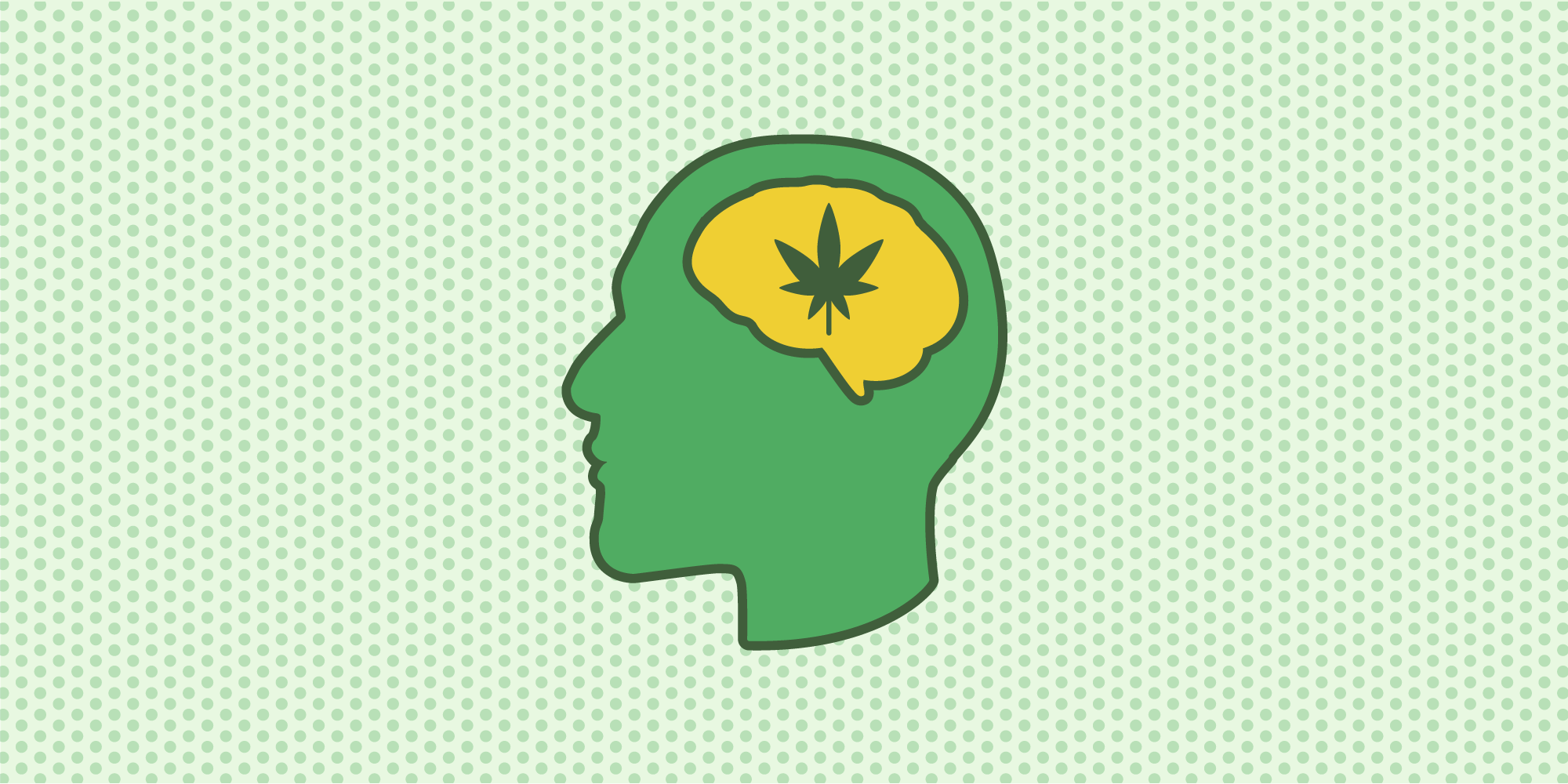
Early studies have shown CBD to be effective in treating anxiety disorders, and many users have noted a reduction in their symptoms after using CBD oil or other CBD supplements. Renowned organizations such as the World Health Organization have supported the use of CBD for anxiety, although the FDA and APA have been less enthusiastic about doing so.
CBD has shown potential in treating a number of anxiety conditions, including:
- Panic disorder
- Social anxiety disorder
- Generalized anxiety disorder
There is little evidence that taking CBD before an anxious scenario (such as flying in an aircraft or public speaking) may also help lessen anxiety.
Additionally, OCD and PTSD, two conditions where anxiety is a prominent symptom, have shown encouraging benefits with CBD. Many patients with anxiety disorders also experience sleep problems, which CBD may help with.
Risks & Potential Consequences of Using CBD for Anxiety
There are possible side effects and hazards with all drugs, even herbal supplements like CBD. Being a mostly unregulated product is one of the greatest disadvantages of taking CBD. There is no method for the typical consumer to confirm how much CBD a product contains or what other fillers or compounds are there because the majority of CBD products are not FDA-approved.
In a 2017 survey where 84 online hemp oil and CBD products were surveyed only 26 had proper labels for their THC and CBD contents. The chance of ingesting CBD and unintentionally getting drunk is increased by these incorrect doses.
Possible Health Risks of CBD
Each pharmaceutical and dietary supplement carries a chance of negative consequences. Drowsiness and changes in appetite are two of the side effects of CBD use that are most frequently reported by users.
Following are some possible CBD side effects:
- Appetite changes
- Spasms and muscle tics
- Potential fertility challenges (as observed in research with animals)
- Possible liver damage (mostly for heavy or long-term consumers)
- Problems of stomach upset or other GI problems
- Challenges in concentration and being alert
- Feeling sleepy or drowsy
How CBD Interacts with Medications
Additionally, CBD may interact with a number of other prescription drugs, raising the possibility of negative reactions, side effects, or a drug’s effectiveness. You can check this list of drugs with which CBD may interact unfavorably. It is especially crucial to speak with your primary care physician or prescriber before beginning CBD or any other natural supplement if you are currently on any other medicines.
The FDA has also released a warning about the potential dangers of combining CBD with other illegal substances, such as alcohol, as these interactions could result in increased intoxication.
Using Supplements or Medication Alone to Deal with Anxiety
Anxiety cannot be treated with a supplement or tablet by itself. Without therapy, patients are unable to acquire the knowledge and abilities necessary to adopt more effective coping and symptom management strategies. In other words, even if they do experience CBD’s benefits, they probably won’t feel in control of their symptoms. They might even start to rely on CBD to get by.
While preliminary studies on CBD’s efficacy is encouraging, cognitive behavioral therapy (CBT), as well as exposure therapy, are two other anxiety disorder treatments that have far more evidence to support their safety and efficacy. Any prescribed medicine or natural supplement for dealing with anxiety disorders should always be used alongside therapy.
Possible Advantages of CBD Use for Anxiety
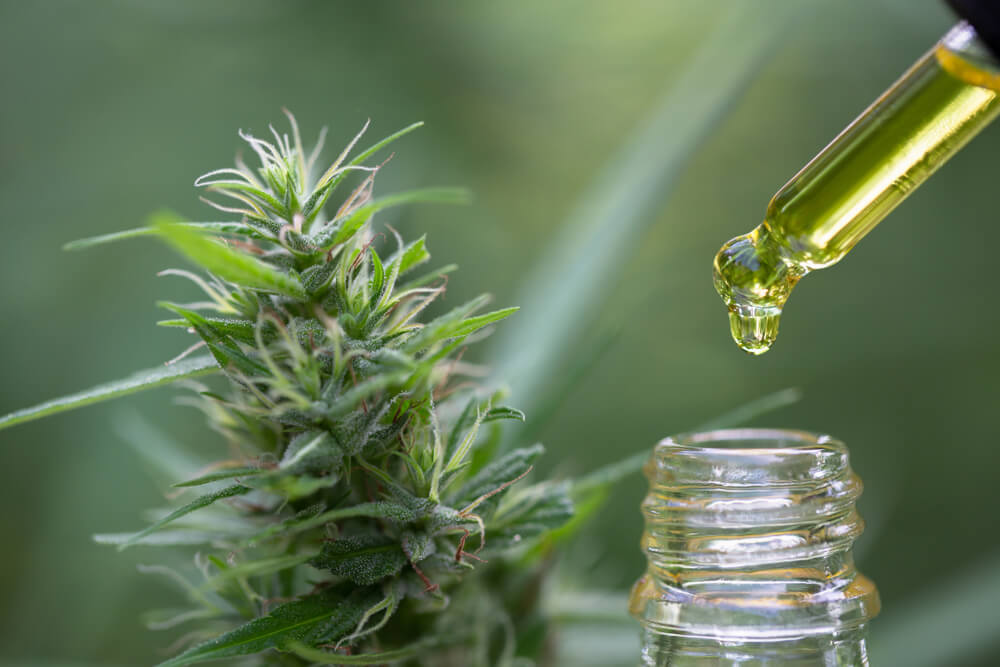
Some users of CBD for anxiety claim to have had notable advantages, such as reduced stress and anxiety as well as improved coping skills.
The following are possible advantages of using CBD to treat anxiety over other medications:
- Lower chance of addiction, abuse, or intoxication
- Less negative effects than alternative anti-anxiety drugs
- Less sleepiness or cognitive impairment compared to other drugs
- More readily available than other regulated prescription drugs
- Ability to adjust dosage in accordance with individual demands
- Having the option to quit using it, miss doses, or just use it when necessary
- Added advantages for both physical and mental health
- Greater quality of sleep
- Chronic stress reductions, which might lessen or eliminate anxiety symptoms
How to Treat Anxiety with CBD
CBD is easily accessible for purchase on numerous websites, at retail establishments including smoke shops and vitamin stores, as well as online. People can buy CBD oil for anxiety, which can be consumed orally, as well as candies, edibles, gummies, or vape liquids, which can be inhaled through an e-cigarette.
Talk to your doctor first if you’re eager to try CBD for anxiety, especially if you’re using any prescription drugs. It’s particularly crucial to read the package labeling when buying CBD products if you reside in a state where the use of marijuana for medical or recreational purposes is permitted to make sure the products don’t contain THC. THC consumption might actually worsen anxiety and paranoia, negating any potential advantages of using a CBD supplement.
The normal therapeutic dose of CBD for anxiety is between 300 mg and 600 mg, with a daily dose of 1500 mg being the highest advised. However, it is advised to start with a smaller dose if you are using CBD for the first time or if you are trying a new CBD brand or product. Some research has shown that taking a dose that is too high can make some people feel more agitated, while other studies have shown that large doses can make people feel sleepy and relaxed.
It’s advised to only use CBD when you are not working, driving, or engaging in other activities that call for concentration or coordination until you understand how it will impact you. Since studies have indicated that CBD can make some people sleepy, some people might choose to try it at night.
CBD for Particular Anxiety Symptoms
One in three Americans reports having anxiety disorders, which are the most prevalent type of mental health issue in the country. Their capacity to operate, complete everyday duties, and live a happy and fulfilled life can be hindered by anxiety disorder symptoms.
Although researchers are divided on how CBD reduces anxiety symptoms, some studies have noted reports of symptom relief.
Progress has been observed in the following anxiety symptoms:
- Feeling tense, anxious, restless, or uncomfortable
- Not able to sleep or maintain sleep
- Overall ability to concentrate or focus
- Anxious thinking or worried
- General feelings of anxiety and fear
- Anger and moody behavior
- Nightmares
Conclusion
According to some research, CBD has fewer side effects than conventional anti-anxiety drugs and may be useful in lowering anxiety symptoms. Even said, research on CBD is still in its infancy, whereas there is a wealth of evidence to support the safety and efficacy of other treatments including exposure therapy and CBT. Never go to a professional counselor or take any supplements without first speaking to your doctor.

